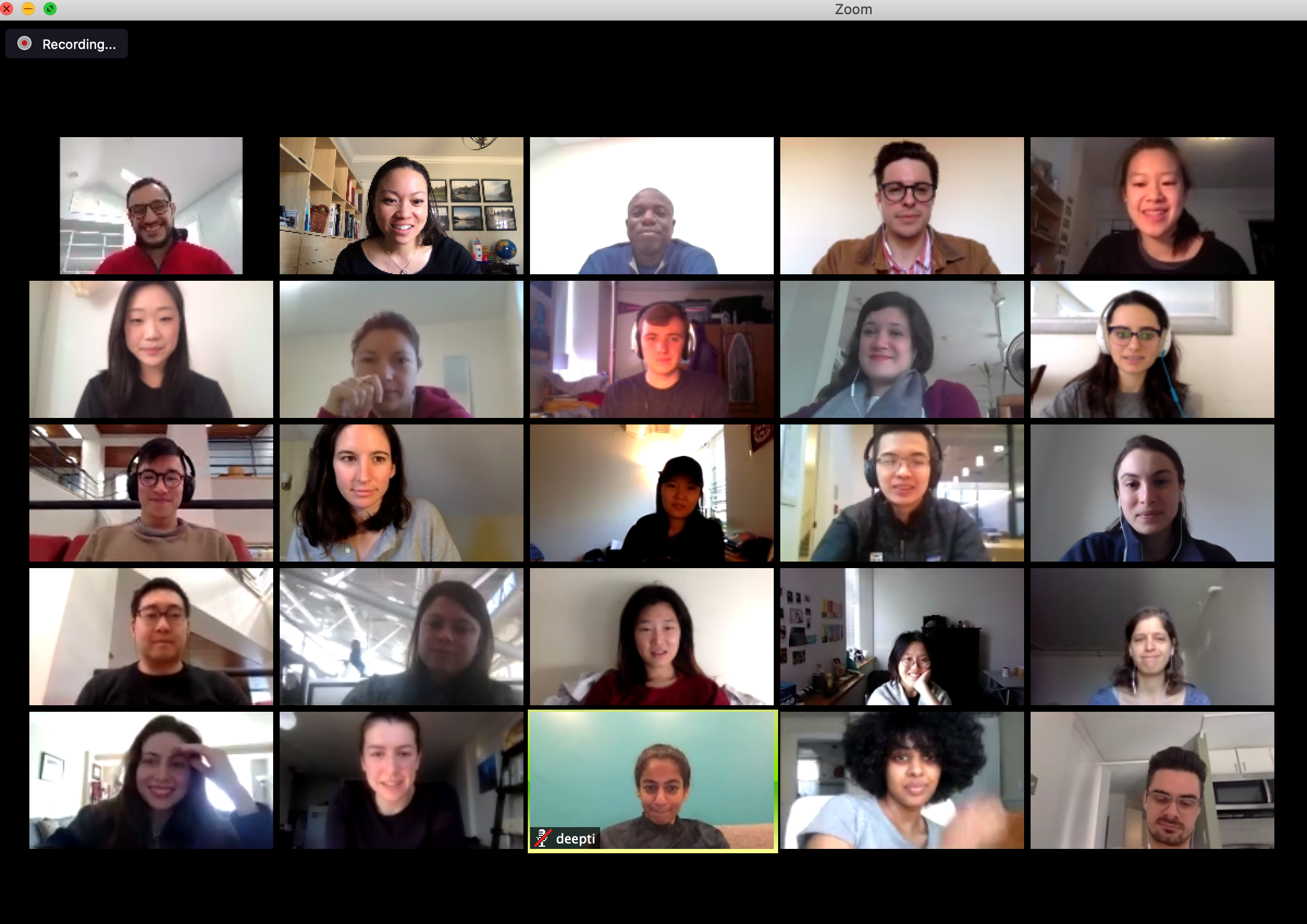Coronavirus and Schooling: Making the Switch to Distance Learning
“Making the switch to Distance Learning takes an adjustment for Parents as well as Teachers and Students.“
Schools worldwide are making the switch to learning at home. As most are forced to do so with little notice, there’s a vacuum of experience for home leaning and preparation to so not only from teachers and students, but also for parents.

For those already in the HomeSchooling sphere, this is par-for-the-course, and it would benefit the rest of us if you would share your experience.
For those dependent on more traditional methods of teaching, there’s a learning curve.
Students are probably the easiest to adjust as most have already been online searching, finding their interests, finding answers to questions they have, it’s just that most haven’t been doing it for school (except finding uploaded answers to homework). But now, having complete independence to complete schoolwork which was up to now basically dictated to them, there is an adjustment, not in skills, but in organization and focus.
Teachers will also need to adjust their lesson plans from direct contact with students to facilitators. But what has probably not been addressed thus far is the adjustment that parents also need to make to help this time be effective for their children.
Here are some tips to make this process easier:
Students:

1. Take advantage of online sources of instruction – there are countless sources of information in text and video format for almost any subject or task. You’ve figured out cheat codes for your favorite games, use that same skill to figure out your long division, essay writing or understanding covalent bonds. Especially at this time, there are companies offering support and free versions of sites while at home, take advantage of their generosity.
2. Organize your time – this is most likely the most important. Now that you are home and for most of you, hopefully NOT going out, you’ve time during the day to organize and focus time for learning and completing task. Set out your day, set out time and time limits for sections of learning, as you did in school – 45 minutes on Math, 60 minutes for science, etc. During these times, focus. Train yourself not to get distracted by social media or clicking on those funny cat videos while you search. Keep your time limits in mind and save all that for other times of the day.
3. Rely on yourself – for many, while in school, you relied on your teachers for instructions, answers, and discipline. Now that you are home, many will turn to parents. Don’t. Use this time to develop your own skills. Yes, it will take time. Yes, many will struggle. The good thing in all this, you have time. Take advantage of this to work it through. And in the end, you’ll find that you’re actually good at independent learning, which is an indication of future success (plus, your parents probably also have their own work to do)! Relying on yourself is a win-win for everyone involved.

Teachers: Pretty much the same
1. Take advantage of online sources of instruction – there are plenty. Many sites have instruction that is self-taught and progressive. Math, Science, IT, etc – there are programs already set up for students to follow at their own pace giving teachers overview capability to monitor progress and offer support. It moves teachers to more of a facilitator role, which, in this modern age of education, is exactly where teachers should be, even in the classroom. However, many may feel that is a lazy way to teach, so there are other options: Group video conferencing, one-on-one video conferencing, creating videos of your lessons to share, screen casting, etc. It is also important to understand the difference between supporting independent learning and sharing a class outline. What I mean is that teachers don’t just send a list of “learn these things,” and simply trust that students are already independent learners without giving them access to instruction. It is still your classroom, you are still the educator, and you are still responsible for the learning process as well as the content. Being a facilitator is active and intentional, otherwise you’re just making your profession extinct. ?
2. Organize your time – For both those that are work-a-holics and those that take this time as a break, organizing your time is important to get things done effectively, to not spend your entire days and nights correcting homework, and leaving time for yourself and your family, which is really the silver-lining in this whole situation. Set aside limited time for certain tasks each day. Share this with your students and keep to it. It helps students with organizing their time as well.
3. Rely on student potential – In traditional schooling, most students are more capable than: what they show in school, what the curriculum allows them to do, or what teachers expect them to do. All students with access to the internet have access to information and data. Most students know how to access data. The remaining question is if they know what do to with that data. Here is where teachers move into modern education, by learning how to assess acquisition of “content” by asking them to apply the information to solving problems. You’ll be surprised to find that, if the task is interesting enough, just how capable and curious students are at ALL levels.

Parents: please understand, this is not HOMEWORK, but learning at home. It will be more than usual, it replaces, school. Tips below:
1.Take advantage of online sources of instruction – I applaud all parents who actively involve themselves in their children’s homework. There really aren’t enough of you. And with the busy schedules all of you have, you all deserve medals. Here, we parents have an opportunity to help our children develop independent learning abilities in that we should do what our teachers should be doing (all those above foundational years), and that is allowing our children to struggle. It’s a temptation when your child is frustrated, even to the point of crying, to give them answers to those they can’t find. Instead of answers, point them in the direction of sources where those answers can be found. Help them to ask the right questions, use resource material and feel the joy of accomplishment. Yes, they’ll need help, and yes, we’ll be there to give it, however, be intentional with support. The old adage “give a man a fish and feed him for a day, or teach them how to fish and feed them for a lifetime.” Here, the answers already exist, just point them in the right directions.
2. Organize your time: Just as your children will need to set aside time to focus on their work, parents at home will need to do the same. It helps your children to organize their time when they know your availability as well. There is time for them to try, and time when they can rely on you. Just as setting their feeding and sleeping schedules helped as infants, so will setting these times help them develop their learning (and help your sanity as well!).

3. Rely on student potential – With the current tech, our children are much more capable than when we were their age. Where our children will really need our support is in developing an environment of learning at home. As students adjust to independency, helping them with structure, focus and removing distractions is where we can support our children the most. They ARE capable, but many don’t know it. They can focus, but many will have a difficult time to do so at home (toys, tech, food). Many are not in an environment set aside for focused learning (which is what school is) and it will take time for them to get there on their own. An idea is to set aside a place in the home for learning. If space is an issue, then remove distractions in an area. One parent shared they would play specific music that set a tone for learning. I joke with my students that during online lessons, uniforms would be required. Whatever helps our children mentally separate home-time, from learning-time, helps.
For many schools, to be honest, we do not know how long this situation will last. I’ve seen some countries set aside a full month before reassessing to think about returning to school. Even if it is a week, that is a lot of learning to miss, if not done well.
For us at EISB, developing independent learning is part of who we are, and so, this is a time to really be effective and productive in developing the skills as an entire community.
With that, we wish everyone well, health and most importantly a wonderful time with family.




